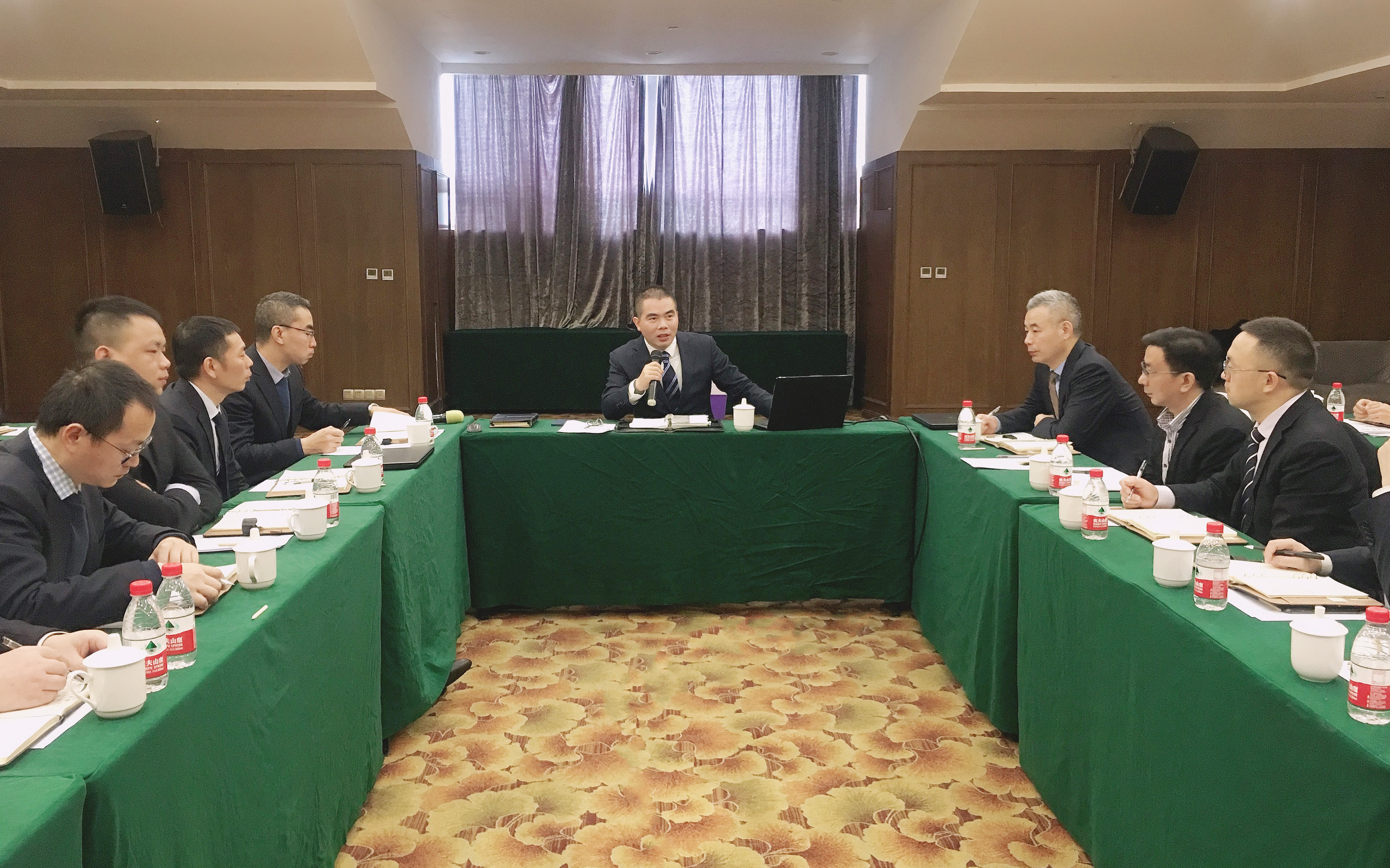
Role cognition
On April 30, 2021, at the general manager's office meeting, Mr. Wang Fenghua, the general manager, explained that management cadres should have a correct cognition of their roles.
Role cognition refers to the role player's actual understanding of duty orientation, behavior norms and role relationship in the enterprise. Role cognition is one of the prerequisites of role playing. Whether a person can play a role successfully depends on his cognition of the role. Any kind of role behavior can be played well only when the role cognition is very clear. In the daily management work, how should the management cadre improve their role cognition?

First, raise awareness
Some daily management work often do stop, tight and loose situation, and even some management cadres in doing a job, did not realize that this work is their duties and obligations, holding to do to the boss to see or deal with the inspection mentality. Such as the company's implementation of the three inspection, self-management circle, 6S activities, etc. Due to the lack of correct understanding of their responsibilities and obligations, the management role they should play is insufficient, resulting in their own work is under pressure to do passively, or due to the inspection to deal with to do. Take the "Three Steps to Get off Work" as an example. As early as 2004, the company began to carry out the "Three Steps to Get off Work". Seventeen years later, employees still haven't developed the habit of finishing the work at hand, cleaning the workbench, and putting the stool back in place when they leave work. This case reflects that our grass-roots management cadres do not attach importance to the three-step after work from their hearts, and do not realize that supervising employees to do a good job in the three-step after work is one of their duties. Daily management work like we eat, to use chopsticks, can’t be reminded and supervision every day, can’t be supervised on the use of chopsticks, no supervision back to the primitive society or infancy with hands or mouth arch.
Second, setting standards
There are two kinds of daily management work: one is routine management, namely recurring management matters, which is also known as the work list. The work list is the responsibilities, obligations and authority clearly defined in the job description through the work analysis. The second is to set goals and make plans. That is, the company's vision, mission and other abstract ideas into plans and actions, the company's goals layer by layer decomposition, into the department or team goals, the team leader led members to implement the plan, and achieve the goals of the team at all levels. For day-to-day management to have continuity, on the one hand we need stable teams. On the other hand, we should standardize the daily work. Only when the logic, procedures and rules of the daily management work are clarified, the daily management work will not be stalled because someone leaves and the successor does not understand the work content and rules. For example, the daily work of PMC in the production workshop is to issue production orders that is, arrange lists, do a good job of material matching, update production Kanban, track production progress, report production abnormalities, track abnormal processing, etc., and these work can be completely standardized. Only by standardizing the daily management work can the inheritance and continuity of the daily management work be realized, and the management can create benefits.
Three, resource allocation
In order to do a good job in the daily management of grass-roots cadres, we should not only set working standards and management standards, but also provide them with corresponding resources. The resource allocation includes two aspects: one is to solve the problems that employees do not know through training. If the standard stays on paper or documents, the employee's execution ability will not be reflected either. We should let employees know clearly what they do, how much they do, how to do it, when to do it, to what extent, etc., which ways to solve problems, which procedures to handle exceptions, how to report and to whom to report matters that they cannot solve by themselves. These are all soft resources that the HR department and direct manager should provide when a new employee is on the job. On the other hand, give employees the tools to meet their job needs. For example, a new finished product QA should be provided with tools such as calipers, inclinometers, measuring cylinders, calipers, etc., in addition to training on management standards and working standards, as well as a clear definition of what equipment or instruments he can use.
The daily management of an enterprise is a continuous process, which must be carried out day by day, month by month and year by year. We must fight positional and protracted warfare, not guerrilla or mobile warfare. The daily management work must first improve the management and the executor of self-knowledge, secondly to use scientific job analysis methods, formulate the corresponding working standard and management standard, clear office personnel's responsibility, right and benefit, and solve the problem of the parties know through training, also equipped with corresponding resources should be performer.